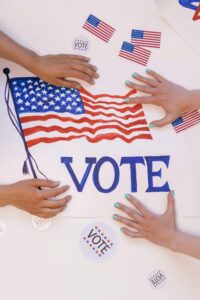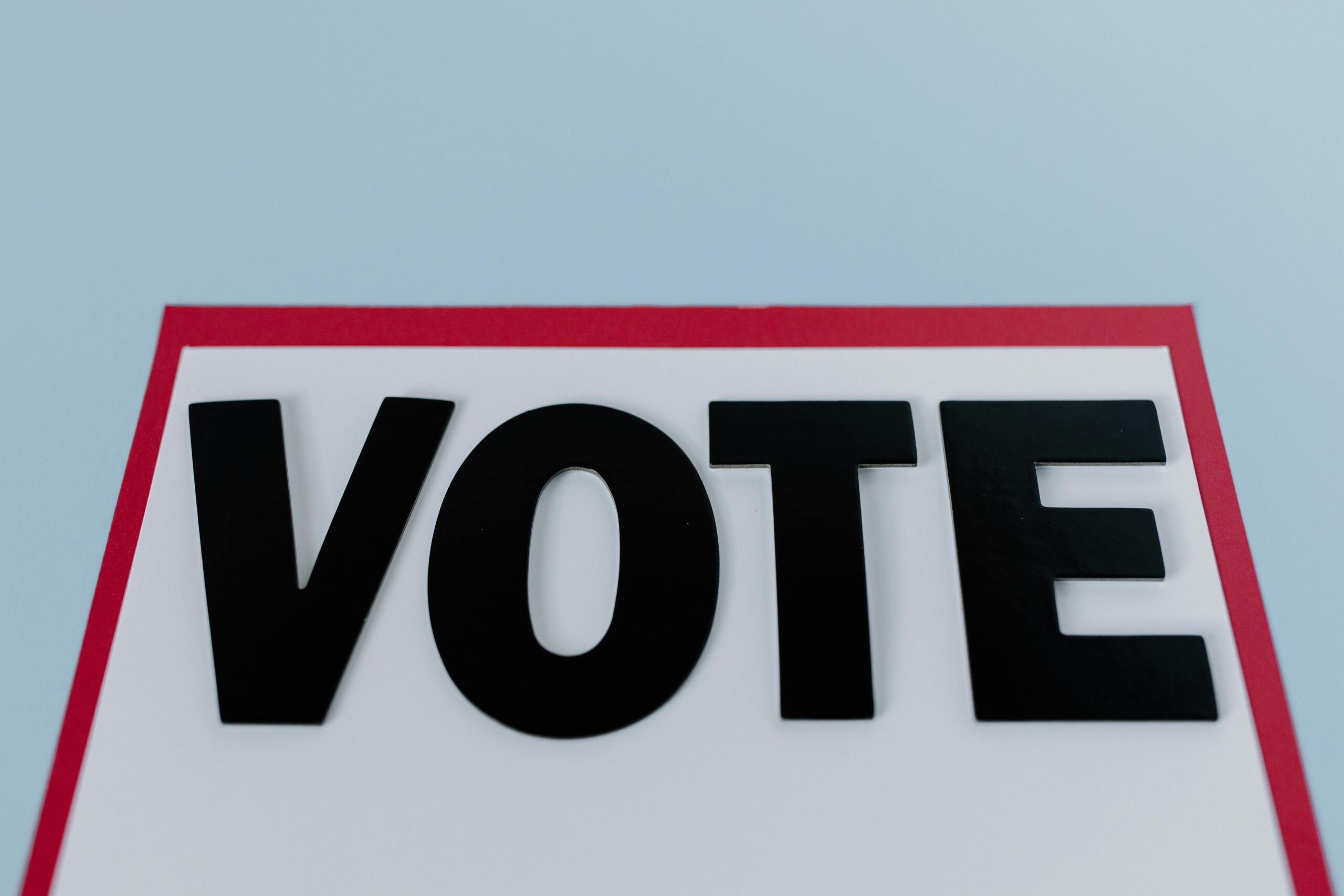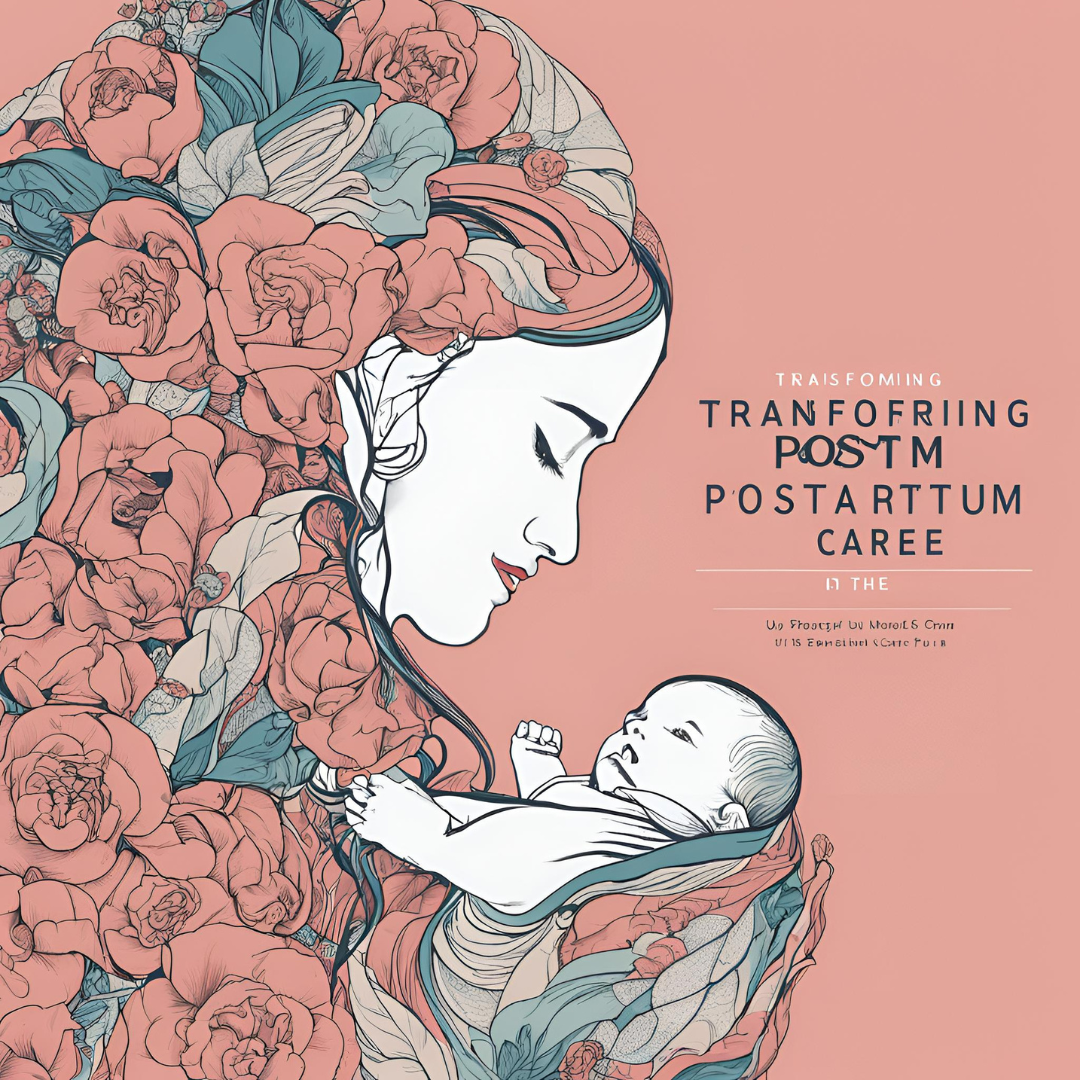As we approach the US Election 2024, the role of the Muslim American voter is becoming more significant than ever. With an increasing number of Muslim Americans actively participating in the electoral process, their influence can play a pivotal role in determining the outcome of the election. Understanding who these voters are and what issues matter to them is crucial for candidates aiming to secure their support.
The Muslim American voter demographic is now being considered for its potential to move the upcoming US Election 2024, though their number statistically remains small. As the calendar year 2024 approaches, it promises to be a year of different demographic groups proving to be decisive in who wins the presidential race. Among these, Muslim American voters stand out because of their geographical concentration in critical swing states and changing political attitudes.

This blog post will cover the role of the Muslim American voter, their demographic distribution, shifting political orientations, and, finally, the challenges in measuring their influence.
- Demographic Overview
- Changing Attitudes
- Historical Context
- The Undercounted Impact
- Survey Insights
- Likely Impact on Election Strategies
Demographic Overview
While there are only about 1% of Muslim Americans in the U.S. population, their large geographic distribution makes them a significant force for this study. Key swing states include Michigan, Virginia, Georgia, Pennsylvania, and Arizona. In these states, the Muslim vote can prove decisive due to the accidental concentration of their numbers in those states that more or less elect the President.
Changing Attitudes
The political pendulum of days has recently carved a swing in Muslim American voter inclinations. The majority voted for President Joe Biden in the US Election of 2020. Yet, an interesting shift in favoritism for registered voters has been reported through the recent Surveys. Geopolitical events, such as the ongoing Gaza crisis that has stirred most Americans and local issues, have played their role in reshaping attitudes within this community. This raises questions as to what is affecting their choices in the electoral process and what the shift might portend for 2024.
Historical Context
The legacy of Donald Trump’s proposed Muslim ban continues to reverberate within the Muslim American community. The policies and rhetoric of the past White House administration have a genitive and lingering impact on current sentiment. Moreover, discontent with the handling of particular issues in the current administration can also contribute to voting choices in 2024. These historical contexts are important in understanding the contemporary political environment for Muslim American voters.
The Undercounted Impact
Yet, despite the potential significance for Muslim American voters, they suffer problems with statistical invisibility. In the first instance, their statistical undercounting is provided by the U.S. government’s classification of individuals with Middle Eastern or North African ancestry as “white”. Since religion is not systematically collected, their distinctive religious identity further gets masked before official measurement. Innovativeness in research strategies thus becomes a necessity in gauging the real impact of Muslim American voters in a credible manner.
Survey Insights
The survey provides invaluable insights into the political perspectives of Muslim American voters. The major takeaways from the survey are:
- Just 5.2% of Muslim Americans said they would support President Biden in the 2024 election, down from 80% who did so in 2020. This negative swing raises questions about what exactly happened and what it portends.
- Some of the most important issues Muslim American voters are concerned with include the protection of civil rights, health, and foreign policy. The issues for which they show concern go beyond just religious freedom and translate into broader forms of social justice and equity. Again, a grasp of these priorities will greatly help any candidates interested in tapping into a good number of these voters.
Possible Impact on Election Strategies
Here are some areas that the Muslim American electorate will impact on election strategies:
- Frame messages based on issues and policy focus that resonate for Muslim American voters. Good outreach will help tip the balance for voters on the fence or those who feel disconnected from the process.
- As long as the potential Muslim American electorate comprises significant numbers within swing states, it should be reasonable to expect that campaigns will strategically invest their funds to reach the population centers in these states.
- Candidates that personally relate their platforms to issues of interest among Muslim American voters, such as civil rights and health care, will be able to better resonate with this constituency.
- Building internal coalitions across the diverse Muslim-American community and joining forces with local organizations can improve outreach and engender trust.
Muslim American voters occupy a unique and increasingly influential position in the electoral landscape. Evolving views and priorities, in addition to their concentration in key swing states, make them a group that no one should miss in the US Election 2024 . Given these stakes, the identification and engagement of the Muslim American community assume importance as Election Day nears in the direction of a comprehensive analysis of American democracy.
References
- The Muslim American Vote in 2020.
- Muslims Vote 2024 Survey.
- Pew Research Center. (2017). U.S. Muslims Concerned About Their Place in Society, but Continue to Believe in the American Dream





